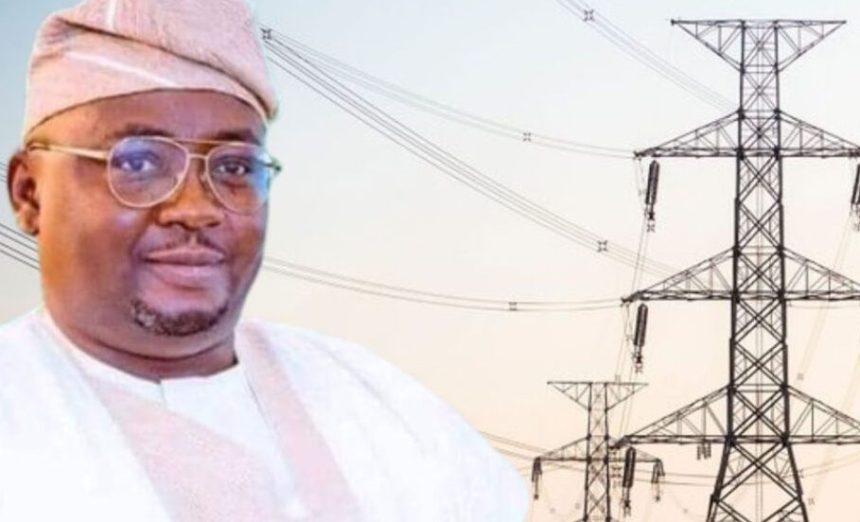The revelation that approximately N2.9 trillion has been spent on electricity subsidies has sparked concerns from lawmakers and Civil Society Organisations (CSOs).
Former Senate Leader Yahaya Abdullahi (Kebbi North) expressed dismay over the power sector’s deterioration, noting that the substantial resources allocated to power appear to be wasted.
This development coincides with the Senate’s abrupt halting of last Thursday’s debate on the electricity tariff hike, a move that has drawn significant criticism.
The Senate Committee on Power, led by Senator Enyinnaya Abaribe, investigated the recent electricity tariff hike and revealed that the Federal Government’s subsidy obligation decreased from N528 billion in 2019 to N144 billion in 2022 but surged to N2.9 trillion in 2024 due to foreign exchange and inflation. Additionally, legacy debts of gas supply companies stood at $1.3 billion.

Critics, including serving National Assembly members and CSOs, argue that the expenditure has not improved the quality of electricity supply in the country. In separate interviews, stakeholders and lawmakers criticized the Senate for abruptly ending the debate on the tariff hike. They believe that the interpretation of a Senate Rule provision, which aborted the debate, has further eroded public confidence in the National Assembly and undermined its representational role.
The Senate Committee on Power recommended that the National Electricity Regulatory Commission (NERC) suspend the ongoing implementation of MYTO 2024, which approved a significant upward review of tariffs. They suggested a robust consultation with customers on service costs instead of relying heavily on feeder location and service duration, which are difficult to monitor.
READ ALSO: Federal Government Appeals to Electricity Union to Halt Strike Threat Over Tariff Hike
The committee also recommended that NERC ensure full compliance with mandatory stakeholder consultation requirements under Section 48 of the Electricity Act, 2023. This would help avoid confusion and public outcry over future tariff increases. Other recommendations include addressing power scarcity holistically, holding DISCOs accountable for Key Performance Indicators (KPIs), and intensifying the Federal Government’s metering intervention to close the current 6.3 million metering gap.
Despite these recommendations, the Senate leadership chose to abandon the debate, citing a court order from a Federal High Court in Kano that restrained NERC and the Kano Electricity Distribution Company (KEDCO) from implementing the new electricity tariff for Band A consumers. Critics argue that this decision undermines the representational role of the Senate and the confidence of the Nigerian people.
The Human Rights Writers’ Association (HURIWA) condemned the Senate’s action, asserting that it betrayed the will of the people and favored the executive branch’s interests over those of the Nigerian populace. HURIWA called on Nigerians to defend their constitutional rights and organize peaceful demonstrations against the Senate’s decision.
READ ALSO: Customers Not Enjoying 20 Hours Electricity Will Not Pay New Tariff–Minister
Meanwhile, the minority caucus of the House of Representatives urged the Federal Government to cancel the recent electricity tariff hike. Minority Leader Kingsley Chinda described the hike as “inhuman and evil” and called for increased accountability and transparency in managing the electricity sector’s resources. The caucus emphasized the need for a transparent dialogue and inclusive decision-making processes to address the energy sector’s inefficiencies.
The statement highlighted that the tariff hike, which exceeds the inflation rate by over 200 percent, disregards the plight of ordinary citizens struggling with the removal of oil subsidies, rising inflation, unemployment, and inadequate access to basic amenities.



